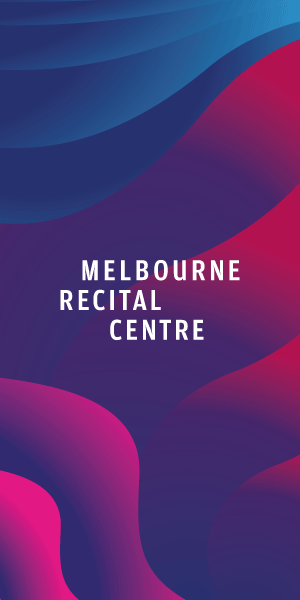Public housing residents create cookbook
Residents of the nine public housing towers in North Melbourne and Flemington have banded together to create a cookbook as part of the healing process from last year’s traumatic lockdown.
It’s a project which features 18 recipes, stories and artwork contributed from residents from a huge diversity of cultural backgrounds including Somalian, Ethiopian, Eritrean, Indian, Egyptian and South Sudanese.
But for North Melbourne public housing resident and cookbook co-producer Deepa Gupt, the Victorian Government’s response to the pain of last year’s lockdown is starkly devoid of any personal touch.
“We went through harrowing times,” Ms Gupt said.
“Even today when I think of it, it brings shudders. We felt as though we were prisoners, as if we’d committed the biggest crime of murdering someone. Even then, the person wouldn’t have so many people guarding them. They said if you go out, we’ll handcuff you.”
The Victorian Government has yet to apologise to the public housing residents, despite the Victorian Ombudsman finding that the immediacy of the lockdown violated their human rights, depriving vulnerable residents of food, essential medical supplies and fresh air.
The cookbook, titled Cooking, Recovery and Connections, is a resident-led initiative in partnership with community health organisation Cohealth aiming to help rebuild the community ties which were shattered during the lockdown.
Nagat Abdalla, a public housing resident and Cohealth community support officer, said the idea was born last year when residents were “scared” to talk to other people in the housing block.
“If you are a relative or if you are my neighbour, you come to my place or I give you a plate of my lunch or dinner," Ms Abdalla said.
For us it was really a big thing to create all these recipes together, during such a hard time when everything stopped in our life. It’s something we are so emotional about. This book will be something memorable forever.
Although cooking with her community is helping, Ms Gupt still has burning questions for the Victorian Government.
“The biggest question is why the public housing got locked down so quickly? Is it that the public housing residents are more criminal than the others? Why did they have this control over us? Are we people that don’t subscribe to law?” she said.
“They try to give us money, it’s like giving a crying kid a lollypop. Do they really want to know why the tears are falling? From the point where we’re broken, or just provide a facewash?”
“If someone came and said ‘I’m sorry’, and listened to us – it’s the personal touch that’s missing.”
“It’s complete discrimination. We’re hard working, we come from good countries, and due to the circumstances, we’ve had to move here, and the system treats us like this.”
Ms Gupta’s recipe for Gajar Hawa, a traditional Indian carrot pudding, comes from her home town in northern India.
She said it was a sweet dish featuring cashews and carrots which was meant to be shared with neighbours as a “good omen”.
“I wanted something sweet, something that makes us feel good. I thought I’ll take our broken hearts and make us something that’ll bring us happiness.”
Copies of the cookbook will be given out free to 1300 residents and will also be available to the public for free as a digital download •

Affordable housing proposed on council land







 Download the Latest Edition
Download the Latest Edition